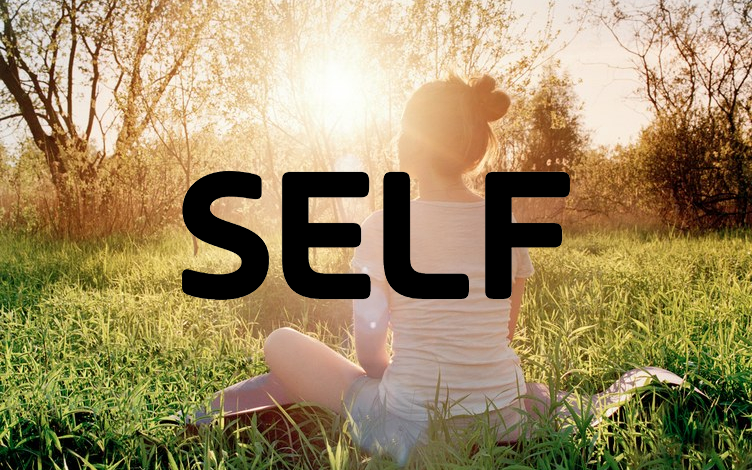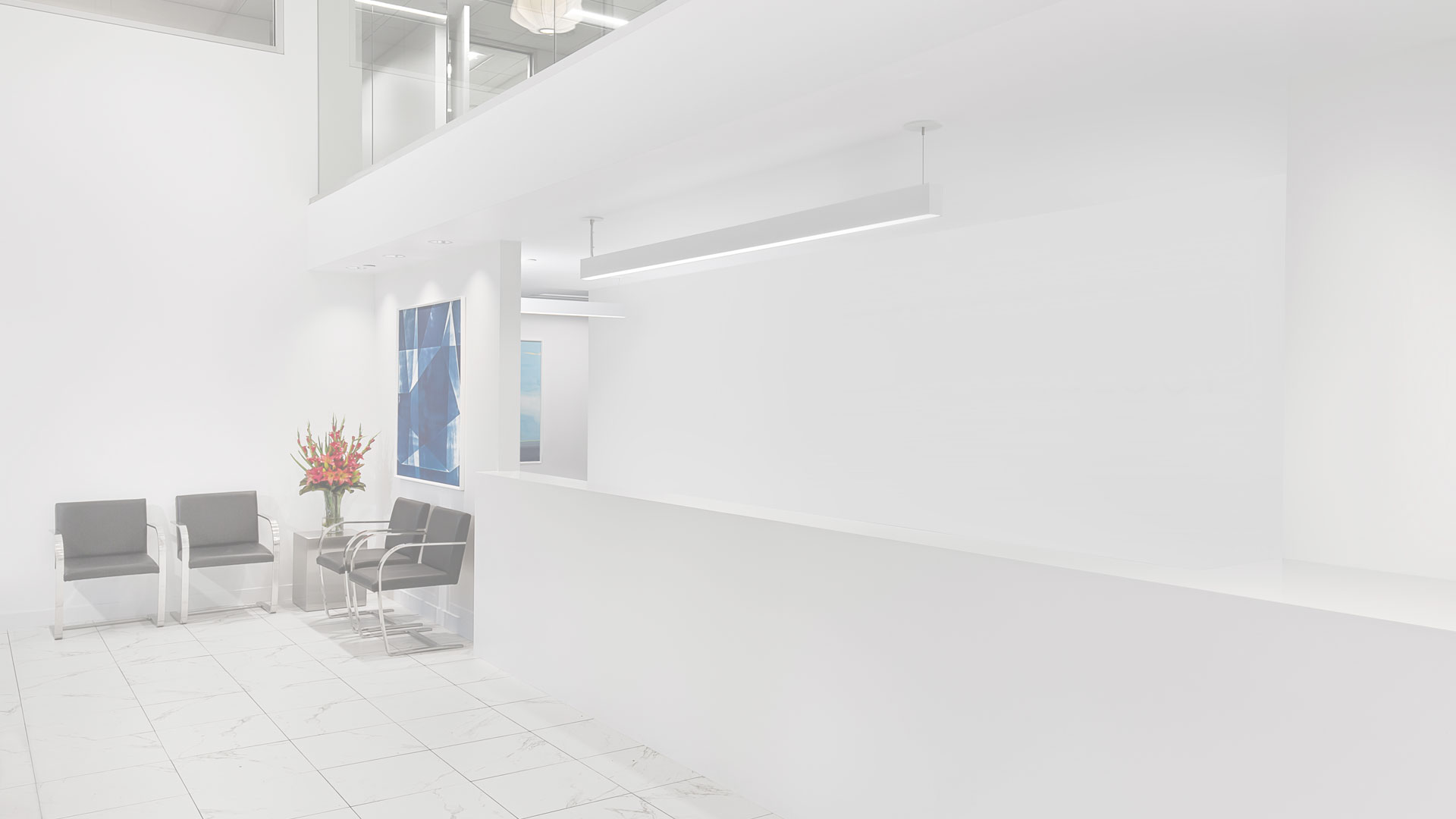
Why Does Spending Time in the Sun Make You So Tired?
I’m not ready to let go of summer yet, meaning you can find me outdoors basking like a lizard in any patch of sunlight until further notice. But have you ever felt like spending time in the sun leaves you exhausted, even if you were doing nothing more strenuous than reading a book and sipping an iced tea? If so, here’s why you feel so wiped out after spending time in the sun.
Your body needs to maintain a specific internal temperature to work properly, and that can take a lot of subtle yet kind of exhausting work.
Think of your body as a factory with many different processes going on inside it. These processes, governed by chemical reactions, rely on molecules called enzymes. Your enzymes only work properly when your body is in its normal temperature window. Although the average human body temperature is 98.6 degrees Fahrenheit, it can safely fall anywhere in the 97 to 99 degree range, according to the Mayo Clinic. Your internal thermostat has to keep your temperature at this specific level in order for you to effectively breathe, move, digest, and so on.
“When you spend time in the sun, especially on a hot day, your body is working overtime to maintain your body’s temperature at its usual 98.6 degrees Fahrenheit,” Seuli Bose-Brill, M.D. an associate professor of internal medicine and pediatrics at The Ohio State University Wexner Medical Center, tells SELF. It does this through mechanisms like sweating, which is when glands all over your skin start churning out a mixture of water and salt, which then evaporates to cool you down. This extra work uses extra energy, which can translate into fatigue.
Even if you chug a ton of La Croix, excessive heat can cause dehydration that makes you feel wiped.
Dr. Bose-Brill flags another consequence of your body working hard: “Sweating to maintain body temperature can result in fatigue from rapid dehydration.”
Since sweating equals water loss, too much of it can dehydrate you, especially if you’re not replacing those fluids. “Less water means less blood volume, meaning there is less oxygen and nutrients circulating through the body to replenish the brain, lungs, and more, making you tired and irritable,” Heather Rogers, M.D., a dermatologist at Modern Dermatology in Seattle, Washington, tells SELF. Your heart has to pump harder to move that lowered blood volume around your body, compounding the problem.
Dehydration can cause headaches, nausea, and even dizziness and fainting. So, make sure to top up your fluid intake regularly in the heat, even if you don’t feel particularly thirsty.
Finally, the sun’s harmful rays can lead to chemical changes in your body, like sun damage, that might wear you out.
“Skin damage from the sun’s UV rays can cause a person to feel tired,” Alana Biggers, M.D., an internal medicine specialist and assistant professor of medicine at the University of Illinois-Chicago, tells SELF. “Your body is working to repair the skin damage, which causes it to use more energy.”
Radiation from the sun’s rays cause mutations in your DNA, Dr. Rogers explains, which your immune system then tries to correct. It does this with tactics like increasing your production of melanin, a dark, protective pigment in your skin, which leads to a tan. It also dilates blood vessels at the surface of your skin to allow oxygen and nutrients to attempt to repair the damage (hence the redness you experience from a sunburn). “The increase in blood flow to sunburned skin causes [a] loss of water … and therefore further dehydration and fatigue,” Dr. Rogers says.
The sun can lead to other chemical changes in your body, Dr. Rogers adds. “These changes must be addressed by the body, making the inside work even if the outside is fast asleep poolside,” she says. For instance, overexposure to sunlight can bring about immune system suppression, which is why some people with herpes develop cold sores after spending time in the sun. Being in the sun also prompts your body to make more vitamin D, so that’s yet another process adding to its workload.
There are a few things you can do to avoid needing a nap the second you get home from a sunny day out.
If you plan ahead and try these tips, you may be able to avoid a post-sunshine crash.
Stay inside during the hottest hours of the day. “The sun’s rays are strongest between 10 A.M. and 2 P.M.,” Dr. Rogers says. “If your shadow is shorter than you are, seek shade.” Dr. Biggers also recommends, if at all possible, avoiding strenuous activity when outside during the hottest hours of the day.
Wear sunscreen (and actually follow proper sunscreen instructions), and use other sun protection, too. Obviously it’s not always feasible (or fun) to avoid heading outside when the sun is at its brightest. The American Academy of Dermatology recommends protecting yourself by applying one ounce (enough to fill a shot glass) of water-resistant, SPF 30+ sunscreen to your body 15 minutes before going outside and reapplying every two hours or after sweating or swimming. Your sunscreen should be broad-spectrum, meaning it protects from both UVA and UVB rays (the former can cause skin aging, the latter can lead to sunburns, and both can bring about skin cancer). (UVC rays exist, too, but since the ozone layer blocks most of them, they’re not really a cause for concern.)
Dr. Rogers also suggests covering up with items like a hat and long sleeves to protect your skin. “There is no safe way to tan,” she says. Any sign of a tan means your skin has undergone damage.
Limit your intake of alcohol and caffeine. Water is your best bet. We’re not the fun police who are here to say you can never have an alcoholic or caffeinated beverage when you’re enjoying the sunshine, but don’t overdo it. Alcohol and caffeine can both act as mild diuretics, meaning they can increase how much you pee, the Mayo Clinic explains. Combined with your sweating, this can make it easier to become dehydrated.
Alcohol in particular can be an issue here. If you have too much in your system, you might feel less concerned with re-applying sunscreen. It can also compound the sun’s tiring effects, maybe lulling you to sleep by the pool only to wake up with the start of a blistering sunburn.
While you can definitely enjoy caffeine and alcohol when out in the sun, make them more of the exception than the rule.
Also, keep an eye out for signs of any heat-related conditions that may require medical attention, like heat exhaustion.
Heat illness is an umbrella term for issues like heat exhaustion and heat stroke, the Cleveland Clinic explains. They’re most likely to happen if you’ve been exerting yourself physically when it’s hot out. Heat exhaustion is less severe than heat stroke, though it can lead to heat stroke if it’s left untreated.
Signs of heat exhaustion include fatigue, heavy sweating, dizziness, fainting, thirst, headache, and more. While heat exhaustion doesn’t feel great, you can usually DIY treatment with methods like drinking cool fluids, taking a cool bath, and resting in a cool place, according to the Mayo Clinic. If you don’t get better within an hour or experience more intense symptoms that could be heat stroke, like a rapid pulse, a strange lack of sweating even with a temperature of 103 degrees Fahrenheit or higher, nausea, and confusion, you’re dealing with a medical emergency and need to call 911 or go to the emergency room if you’re able.
Luckily, if you follow those preventive tips up there, you can ward off the chances of dealing with a heat-related illness—or of conking out the second you reunite with some sweet, sweet air conditioning indoors.
Read Original Article

Fredro
Nice post!
Dorian
I have read the article with good satisfaction and even could understand something new I will use for your own additional requirements.
The report is bright and clear, without any further useless facts or else.
The language is equally brilliant and colorful,
so the further I read, the longer I do like it! Besides, the information is quite
cutting edge, so like it.
Anthony Alexander
The further I see, the more the greater your substance is.
Anderson Vanderveer
I watched your publications previously, however
this one I believe the ideal.
Yon Heister
What an outstanding post, thank you a lot for rising this matter.
Being deeply reassured that a great deal of people
would share your perspectives, and I even showed your writing to a friend of mine.
And that’s when the arguments started… We’ve got various
views but, needless to say, no matter, be it only something regular or really important, should destroy a true
friendship. In my humble view, which surely has
the right to exist, the point you have made cannot be questioned.
winnifred
Cured from Hsv-2 via [Robi nsonb uckler 11] Gmail Com..